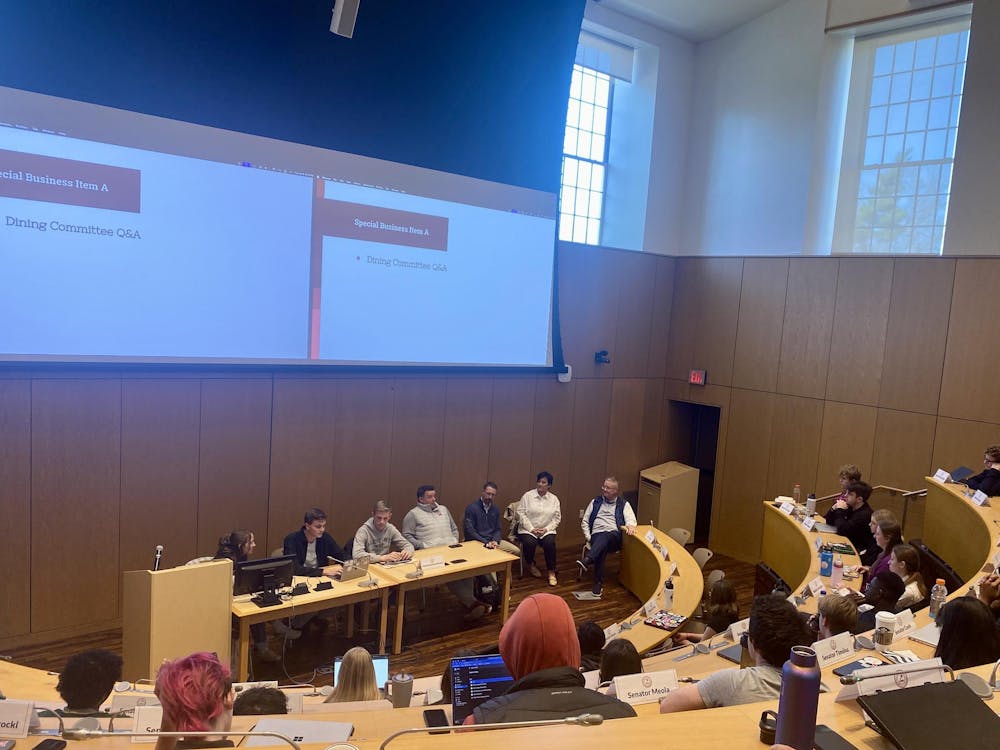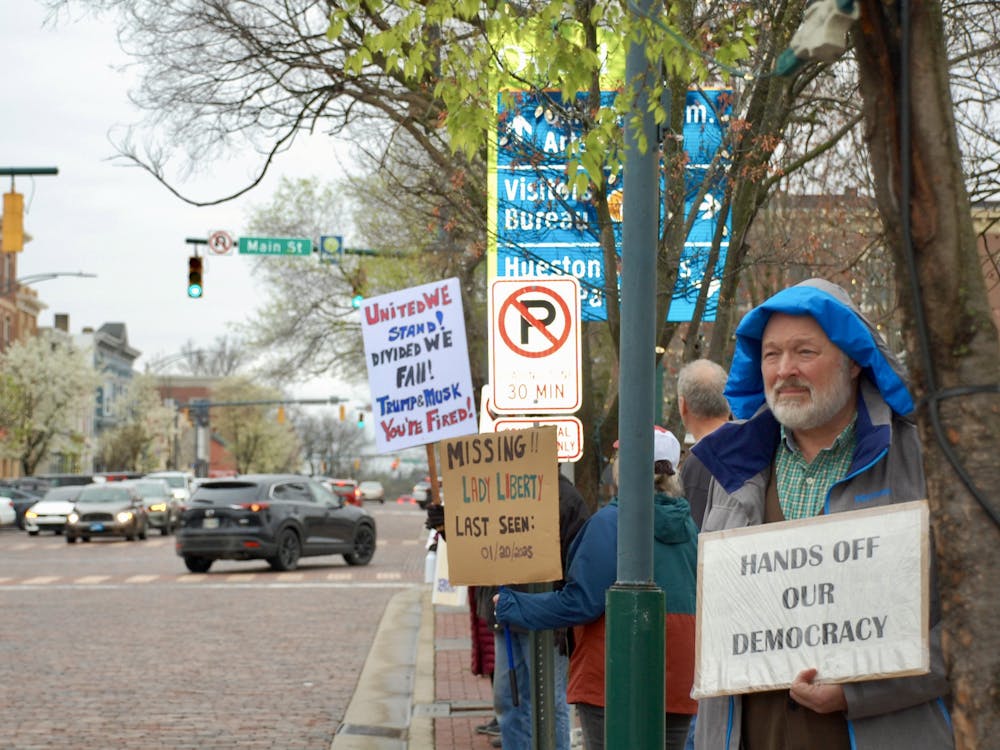Two weeks ago, a Miami student found herself unable to pay her spring tuition bill and turned to Twitter to crowd-source the money she was missing.
This came after she received a Feb. 3 email from the One Stop at Miami informing her that her classes would be canceled the following day because her bill was overdue.
“A couple of my friends helped me crowd-fund,” said the sophomore political science major.
These friends had substantial Twitter followings, which they used to circulate a message requesting financial help.
In a world where some end up relying on the generosity of Twitter to be able to use their meal plan and stay enrolled in classes, Miami has made some adjustments to its payment policies and past due restrictions.
For starters, they’ve acknowledged the trying times.
“Do we think that families have probably needed more time? Yes, and we’ve given it,” said Brent Shock, vice president for Enrollment Management and Student Success (EMSS).
Miami lifted late fees from the billing process to give students more time if they miss deadlines to pay.
“We suspended those [fees] for both the fall and this spring, and did not apply a late fee to any student if they were late in paying, and that is a first for the university,” Shock said.
He also detailed a list of other low-risk assistance methods — emergency grants, zero percent interest loans and additional counselling — which have been available to students.
Aside from COVID-19-inspired provisions, Shock and the university’s Bursar, Kriss Cassano, said Miami has always made special efforts in financial aid outreach for students and families throughout the billing process.
They said communication with students starts even before the bill is due and continues long after.
Enjoy what you're reading?
Signup for our newsletter
“We always give students the first two weeks of the term to finalize their payments, even though they’re well past due,” Shock said. “Most institutions cancel courses before the semester begins.”
Cassano explained that there is a web of Miami employees responsible for communicating with students about paying their bills, and that, “Every year, it gets more and more successful.”
Still, the process has some facets which can’t be revised for student assistance, like the deactivation of meal plans. If a student has not paid their bill, they will not be able to eat at university dining halls or facilities.
“There are legal issues,” Shock said of students with outstanding balances continuing to use meal plans. “You don’t typically get to utilize a service beyond when you have paid for it.”
But the combination of policies old and new has seen fewer students subjected to these past-due restrictions. Shock reported a significant drop in students who were unable to pay their bill in the past year.
“When we look at students that we canceled [classes] for non-payment, the number is 30-some better than it was last year at this time,” Shock said.
There are nearly 16,000 students enrolled at Miami’s Oxford campus, and Shock said only about 75 had classes canceled this spring semester.
There are more than 75 students, though, who deal with the past-due restrictions before getting things sorted out.
The political science major who crowd-funded on Twitter reported having no communication from the university until she was notified that she had one day to pay before her class registrations would be canceled.
“I assumed that my financial aid had gone through, as normal,” she said.
An unidentified FAFSA issue forced her to spend the next three hours riding a rollercoaster of hasty phone calls, emails and tweets, only to solve the problem without help from Miami or One Stop.
“By the time I got a call back clearing up my questions, I had already raised the money,” she said.
Another anonymous sophomore majoring in Spanish had a similar experience.
“Last week, I went to swipe my card at Maplestreet Dining Commons, and it said I didn’t have any swipes,” the sophomore said.
She was then notified that her classes would be canceled in two days, and the only thing she had access to was her dorm room.
This started a phone call saga where she said she found little help from One Stop in identifying the problem with her bill. It ended in the simple signing of a master promissory note for federal loans.
“I’m a 20-year-old college student,” she said. “I’m still learning to be an adult, so I don’t always know what questions to ask and how to solve adult problems. I at least would have hoped that One Stop would have thought, ‘Hey, maybe something isn’t right here.’”
@jakeruffer




